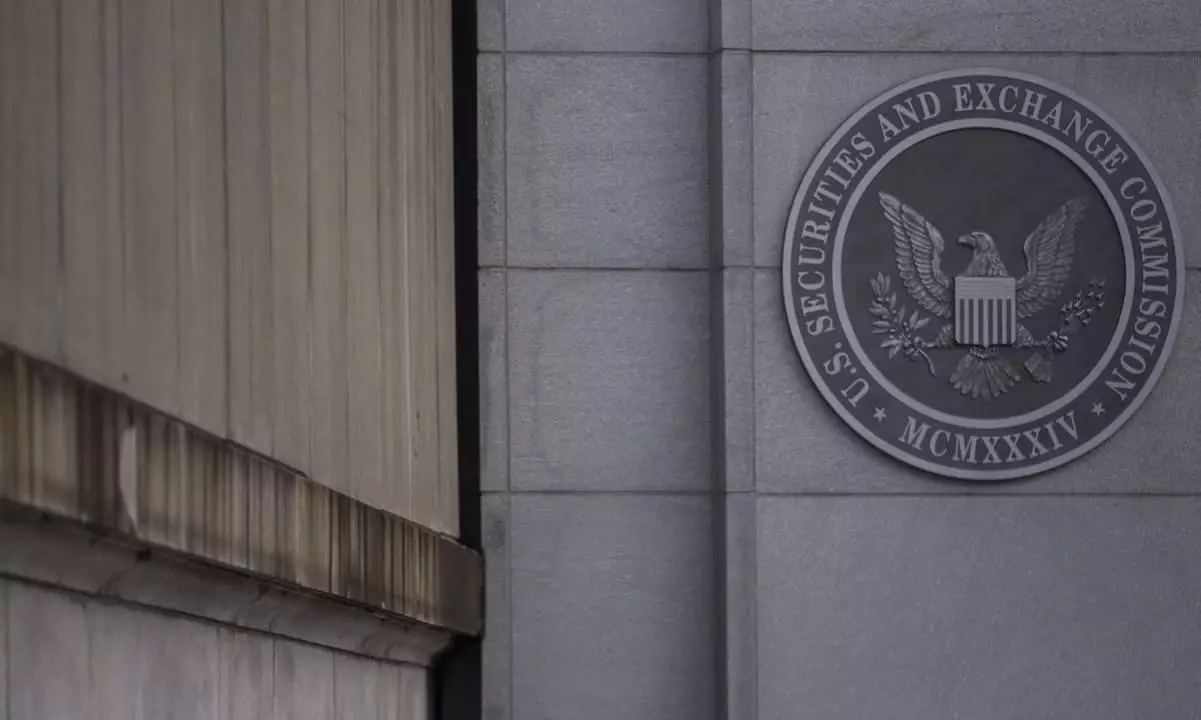The landscape of cryptocurrency trading in the United States is undergoing a significant transformation, with eToro’s recent setback illustrating the persistent scrutiny from regulatory bodies, particularly the Securities and Exchange Commission (SEC). In a notable decision, eToro, a significant player in the financial services sector, is set to discontinue trading for almost all crypto assets on its platform. This directive stems from an SEC order following allegations of violations concerning federal securities laws, a situation that many analysts warn could destabilize user trust and provoke broader implications within the crypto market.
The SEC’s statement asserts that eToro has been operating as an unregistered broker and clearing agency, engaging in transactions deemed as investment contracts—effectively selling securities without the requisite registrations. This noncompliance is not merely a formality; it raises essential questions about the operations of crypto exchanges that seek to engage in securities trading while circumventing established legislative frameworks. The imposed $1.5 million fine is not merely punitive; it signals a commitment from eToro to align its practices with federal requirements. However, the move to only offer a limited selection of cryptocurrencies, specifically Bitcoin (BTC), Bitcoin Cash (BCH), and Ether (ETH), restricts the diversity that traders once had on the platform.
The SEC has mandated that eToro’s users must act within the next 180 days to either liquidate their holdings in restricted cryptocurrencies or risk having these assets forcibly sold on their behalf. Such an abrupt operational shift places additional strain on eToro’s customer relations, compelling users to adapt to a diminished trading environment. The requirement for users to act swiftly to retain control over their investments serves as a stark reminder of the volatile nature of regulatory environments surrounding cryptocurrencies.
This decision may have wider implications that stretch beyond eToro. The firm has previously begun to curtail trading options for other cryptocurrencies perceived as securities, such as Algorand (ALGO) and Decentraland (MANA), showcasing a proactive rather than reactive compliance approach. However, the market’s instantaneous reaction to heightened regulatory pressure raises legitimate concerns about how other intermediaries may adjust their business models. The SEC’s stance could lead to a chilling effect on innovation unless crypto entities find compliant pathways to navigate this new regulatory landscape.
eToro is not alone in facing mounting regulatory challenges; the platform is also being scrutinized by foreign authorities, such as the Australian Securities and Investments Commission, indicating that these issues transcend national boundaries. As regulators continue to clamp down on practices within the crypto sector, trading platforms must scramble to align their offerings with regulatory expectations, which may stifle the remarkably dynamic nature of cryptocurrency markets.
EToro’s situation exemplifies the delicate balance between innovation and regulation within the cryptocurrency domain. As the SEC continues to define and enforce its regulatory framework, the path ahead for crypto trading platforms remains fraught with challenges that will require strategic adaptability and robust compliance methodologies to navigate successfully.


Leave a Reply